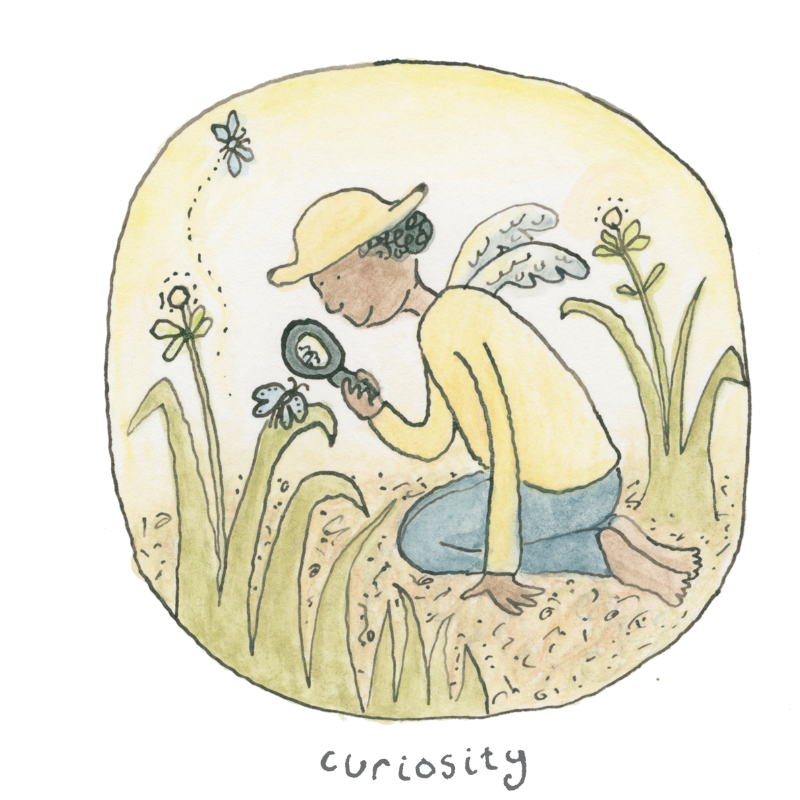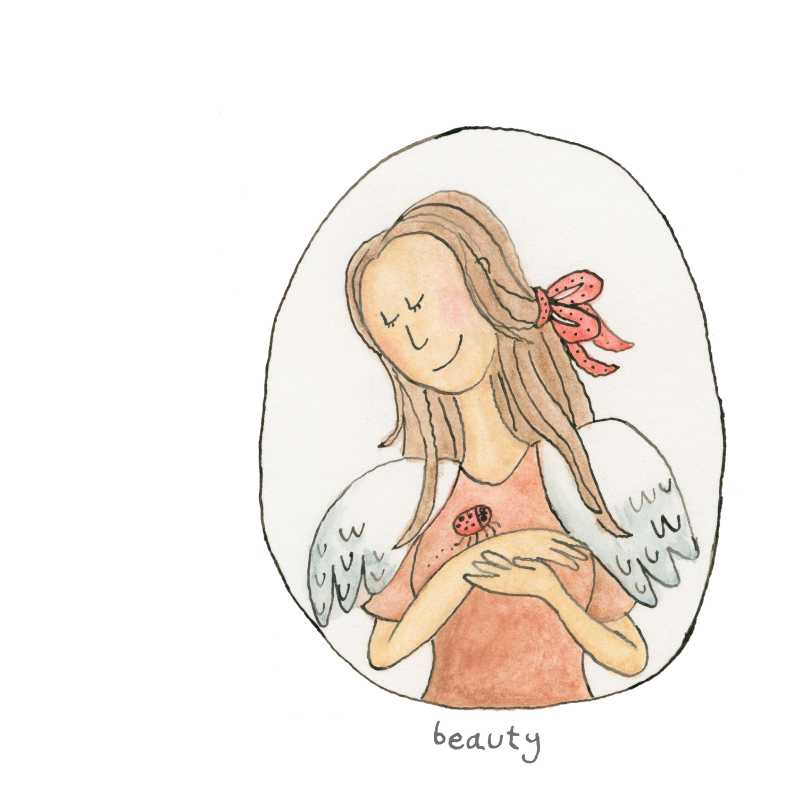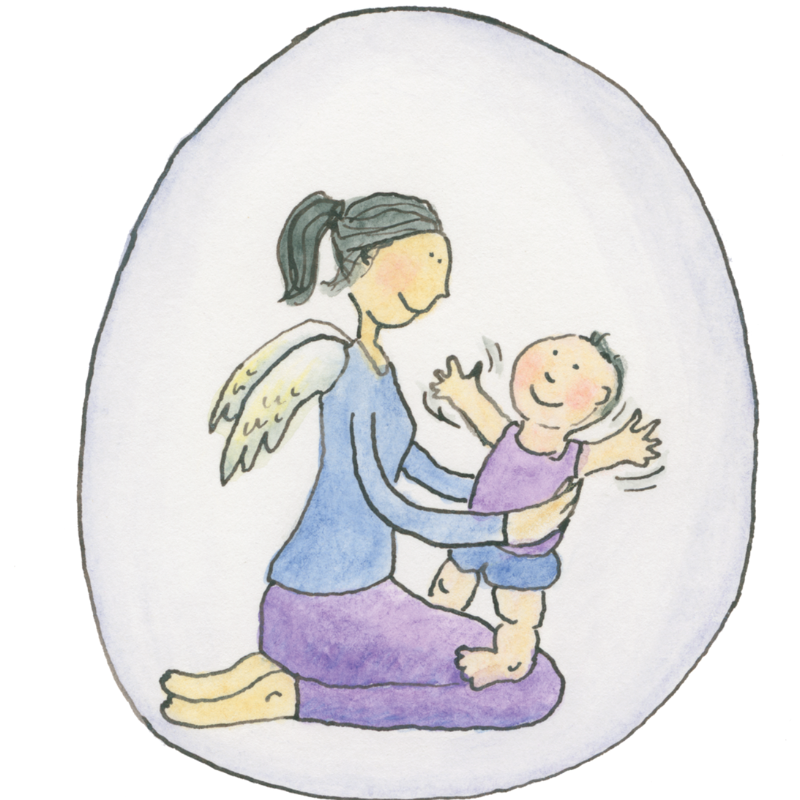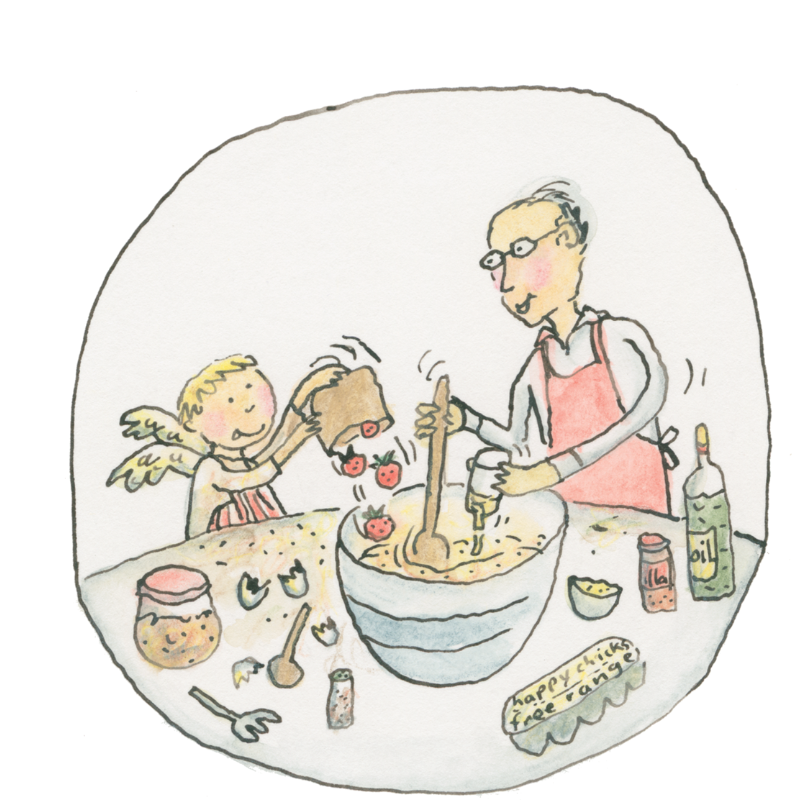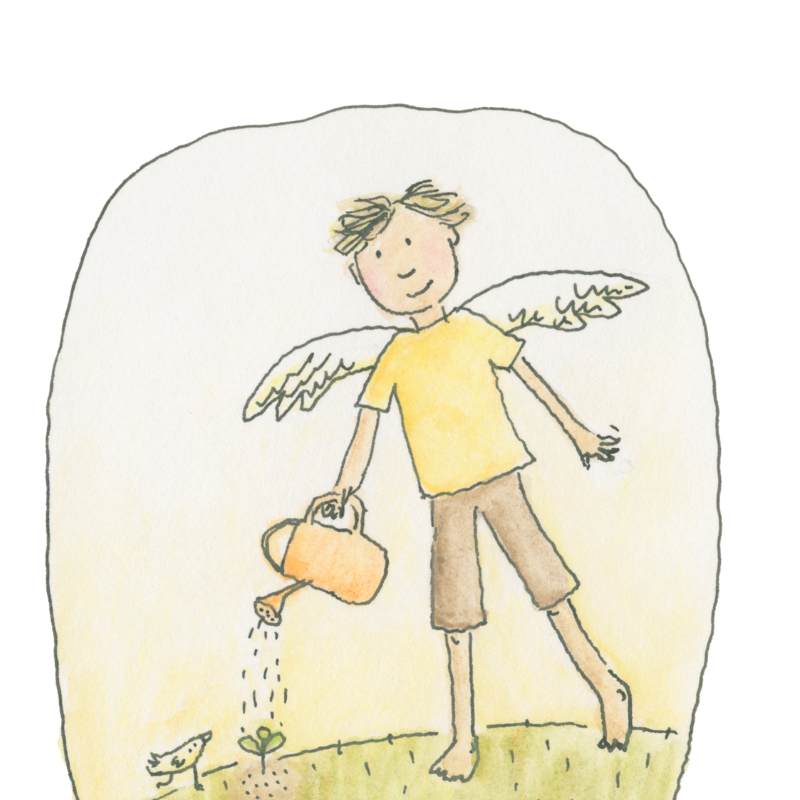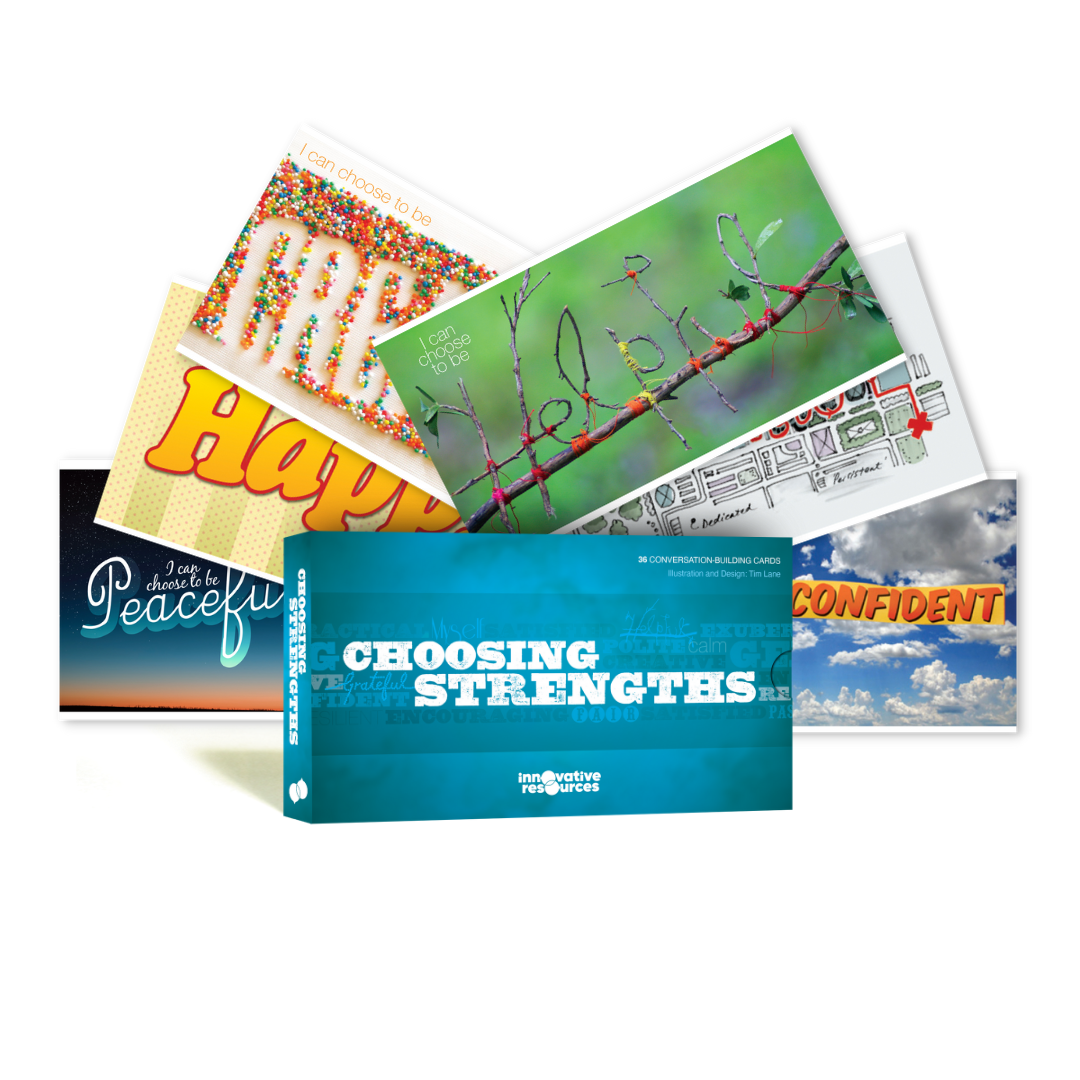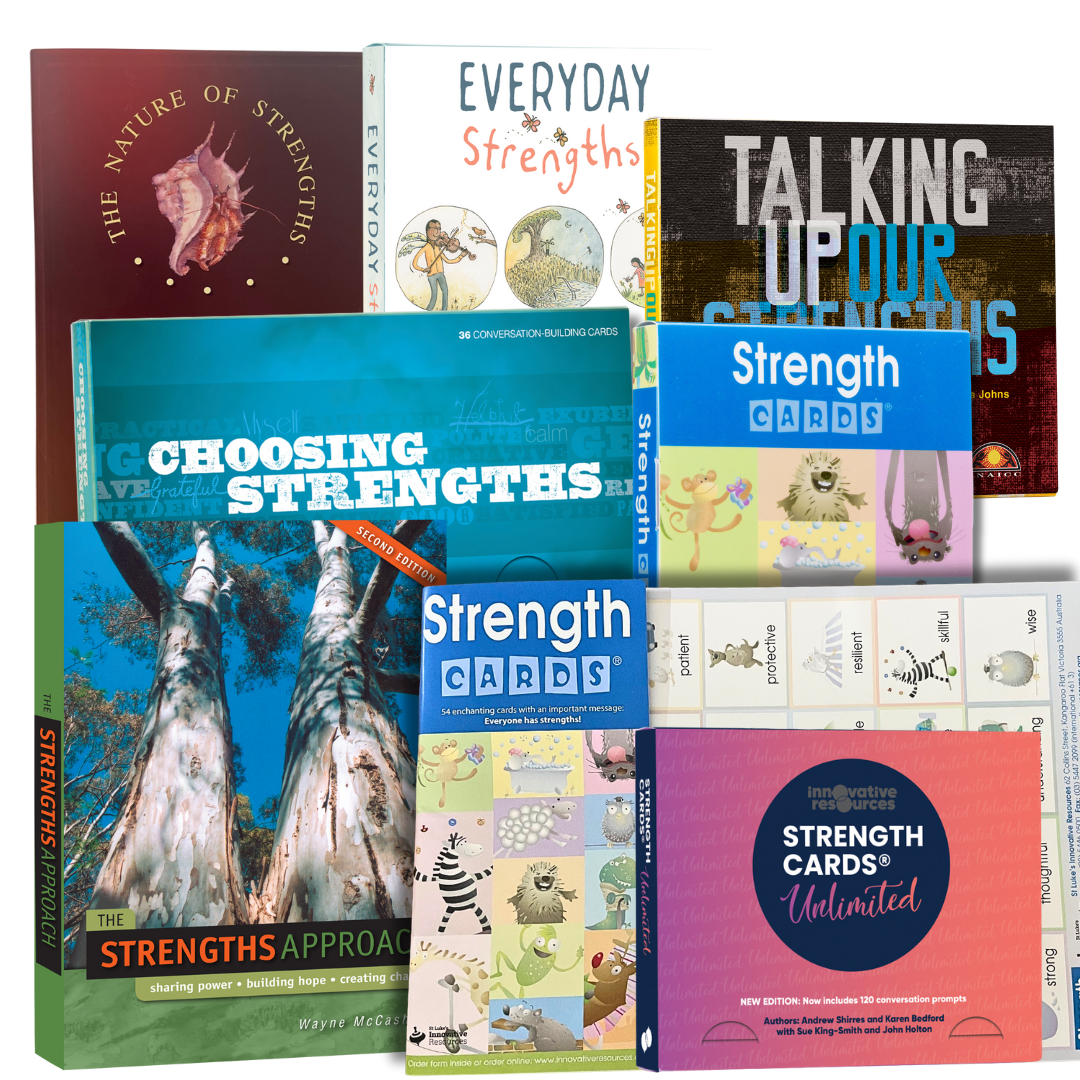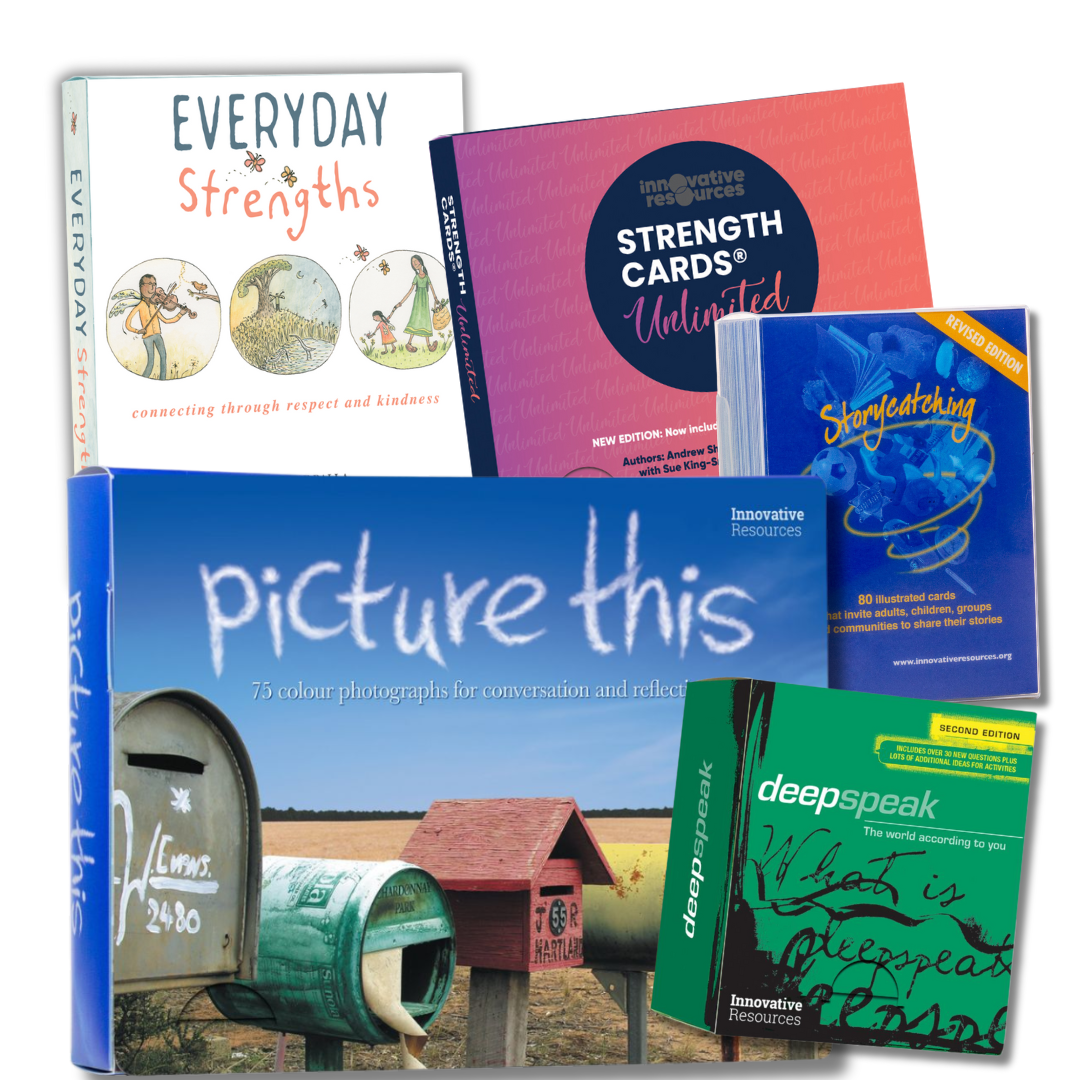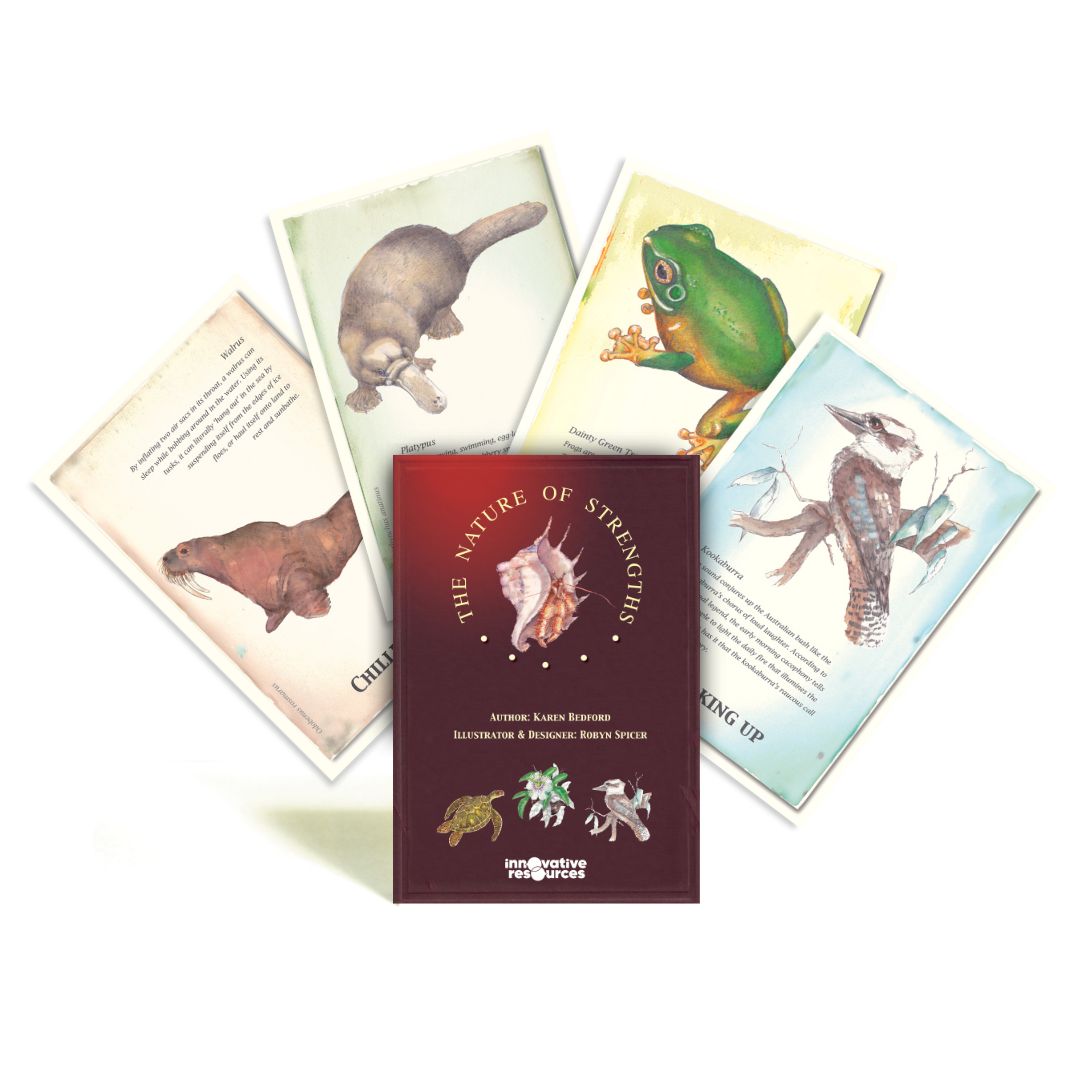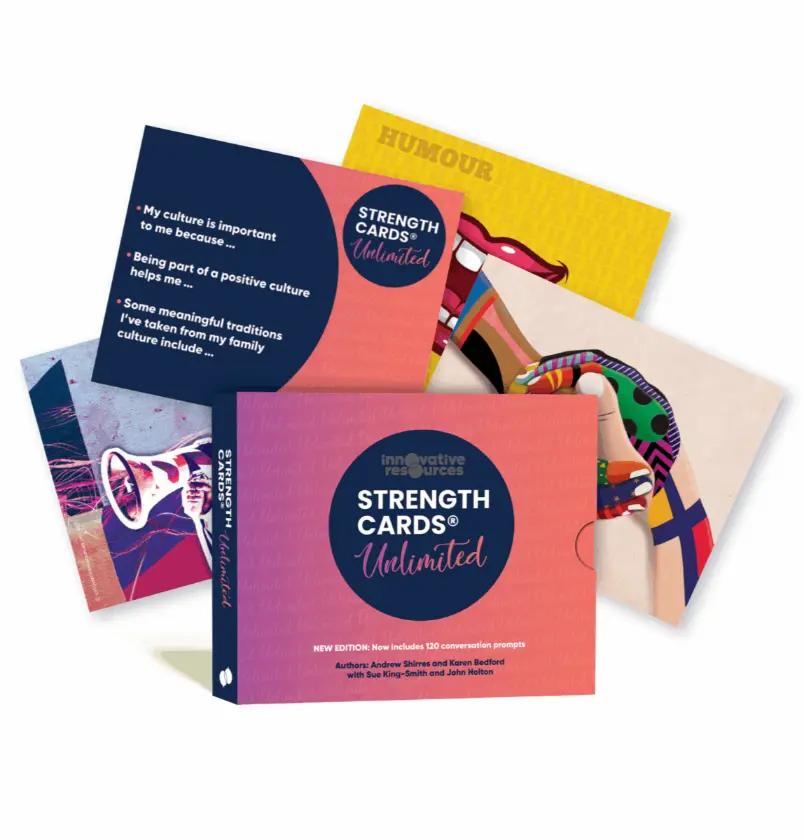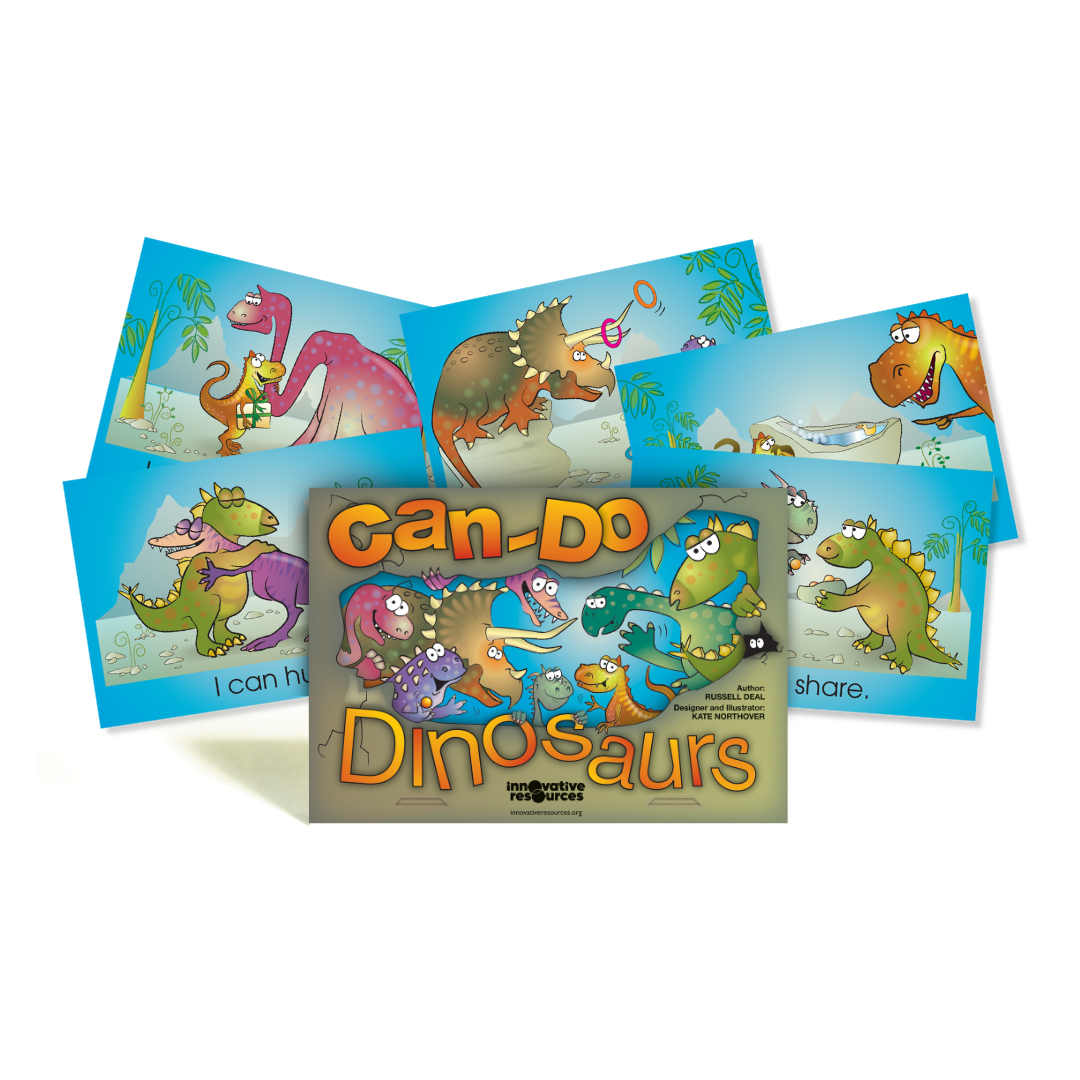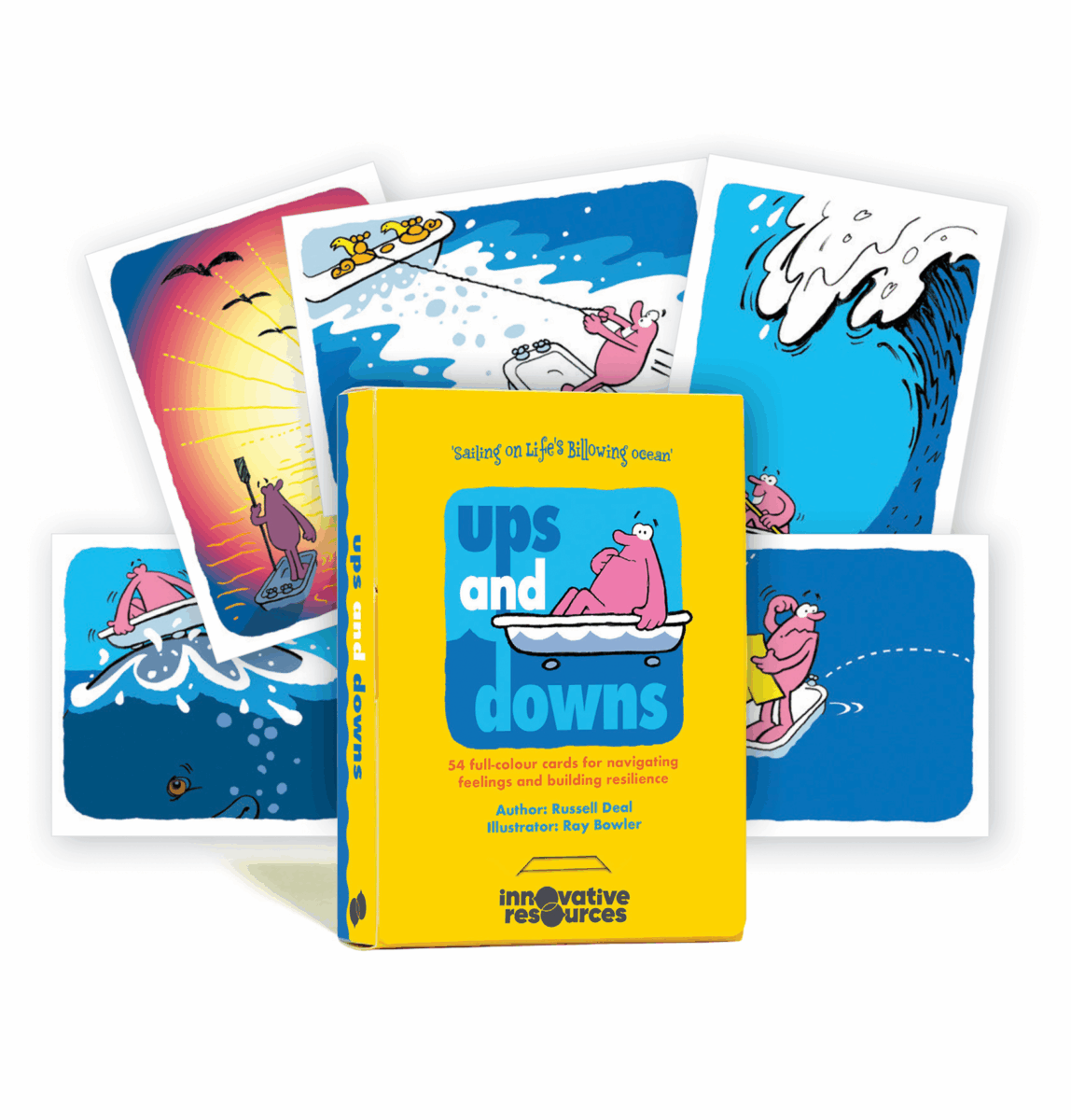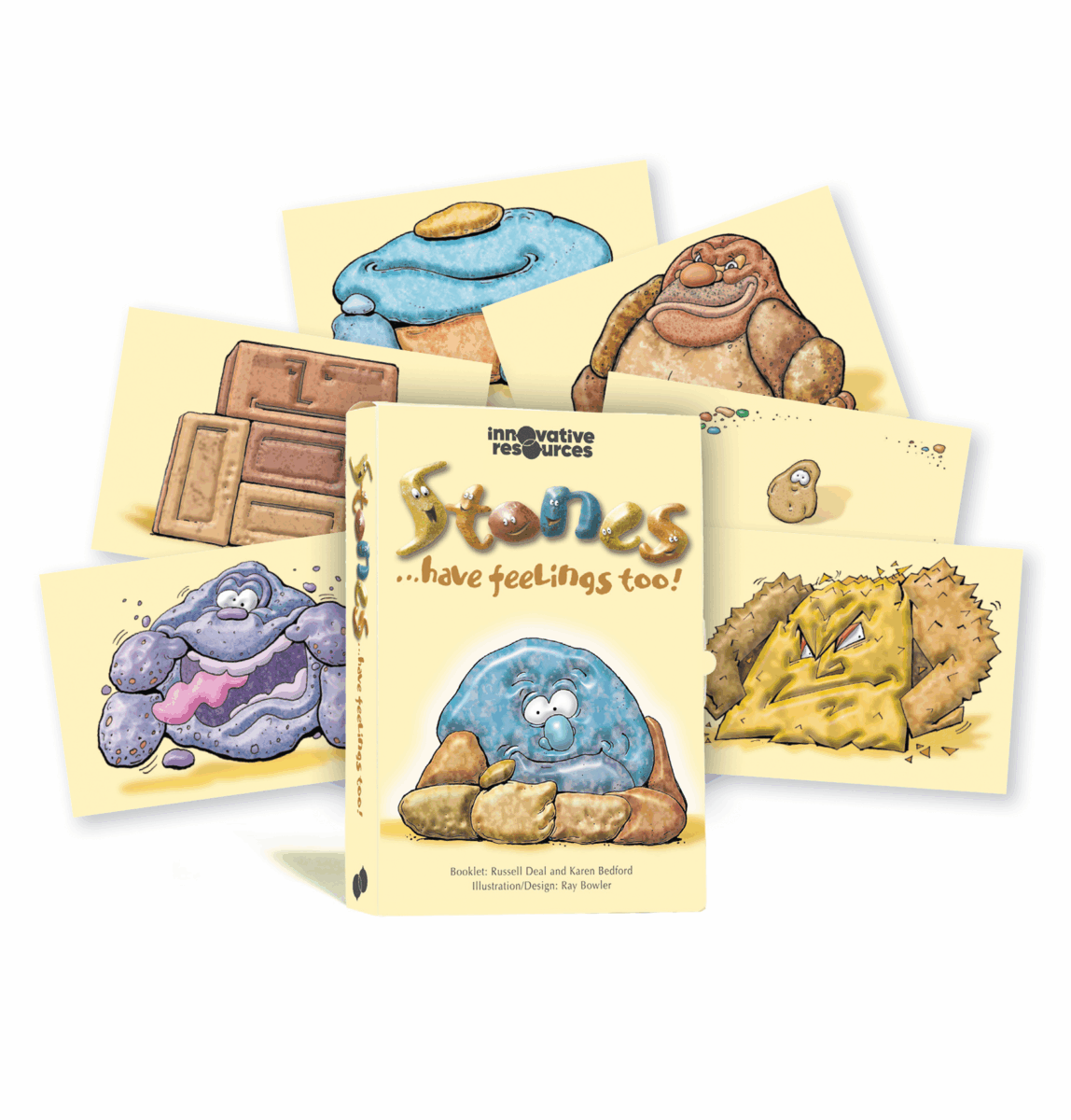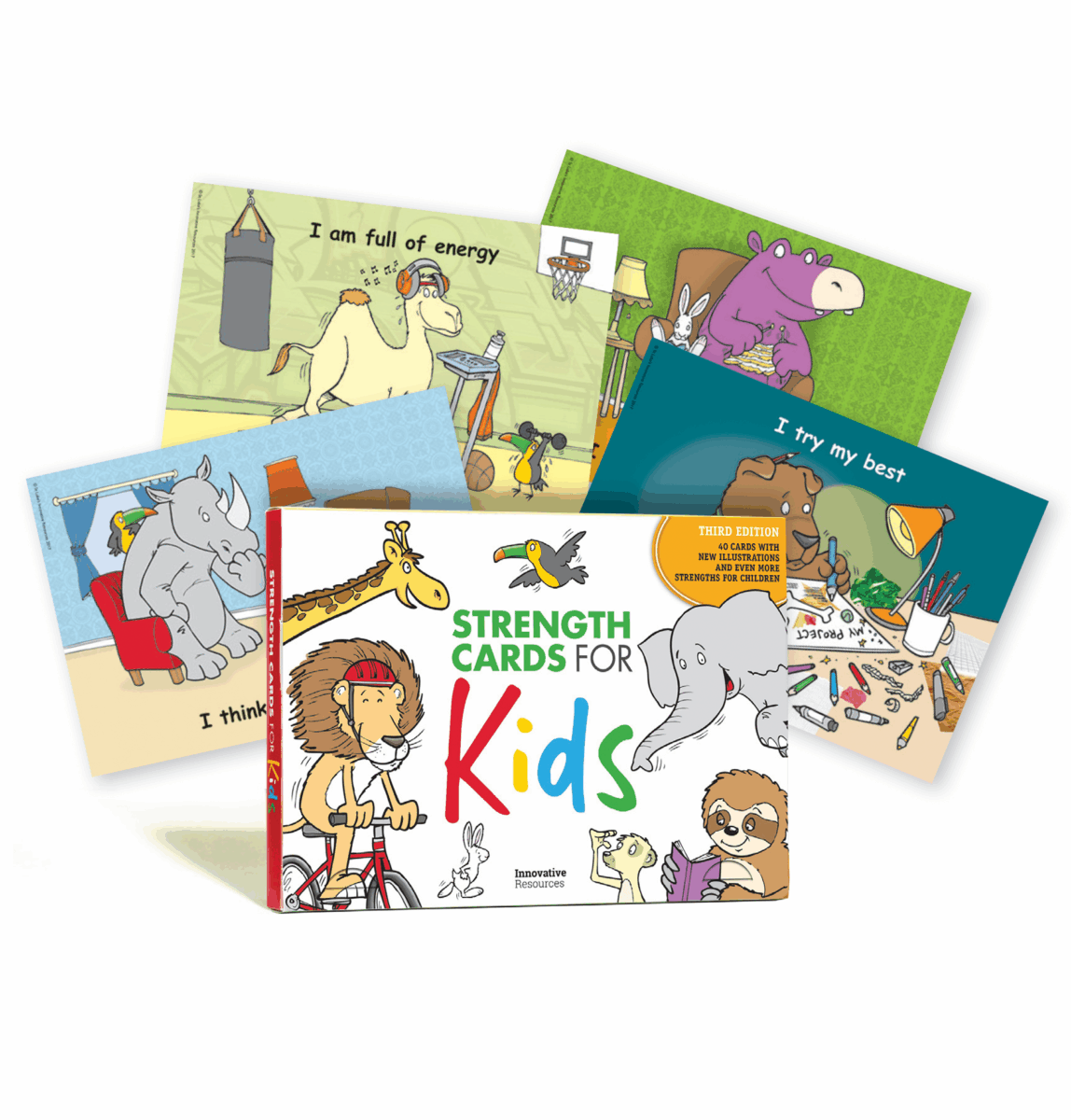



card sets
Everyday Strengths Cards
Product Code: 5020
$84.95 inc. GST
identify and celebrate the everyday strengths that connect us through kindness, gratitude, and hope
194 in stock
Product Overview
Everyday Strengths is a beautifully crafted set of 52 cards that highlight the simple yet profound ways people use their strengths in daily life. From showing kindness and appreciating relationships to finding peace in nature, these cards are designed to spark meaningful conversations about what matters most.
Perfect for families, schools, community groups, and counselling sessions, Everyday Strengths helps people reflect on who they are, what brings them joy, and how they can draw on their strengths to navigate life’s ups and downs. With whimsical watercolour illustrations by artist Trace Balla, each card is both a celebration of human connection and a gentle reminder of hope.
Every set comes with bonus access to the Everyday Strengths Digital Toolbox – a digital version of the cards and booklet, plus an ever-growing collection of ideas, blogs, videos, and activities you can use anywhere.
What's Included?
- 52 laminated, full-colour cards with original watercolour illustrations
BONUS: Free access to the Everyday Strengths Digital Toolbox
- Digital cards and booklet
- Ongoing access to blogs, card hacks, ideas and more
To use the digital toolbox, simply create a customer account. All digital products follow our Digital Usage Policy – see Copyright and Digital Usage for details.
How to Use
- In counselling or supervision: Explore gratitude, hope, and resilience.
- In classrooms or team settings: Build empathy and celebrate shared values.
- At home: Spark conversations about simple joys and everyday strengths.
- As gifts: Encourage reflection and connection among family and friends.
For more inspiration, explore our Ideas Bank.
Suitable for:
This resource is designed for people working in roles that support others, including:
- Social workers, counsellors and psychologists
- Trainers
- Parents, carers and families
- Educators
testimonials
- Discover what makes our products a favourite!

